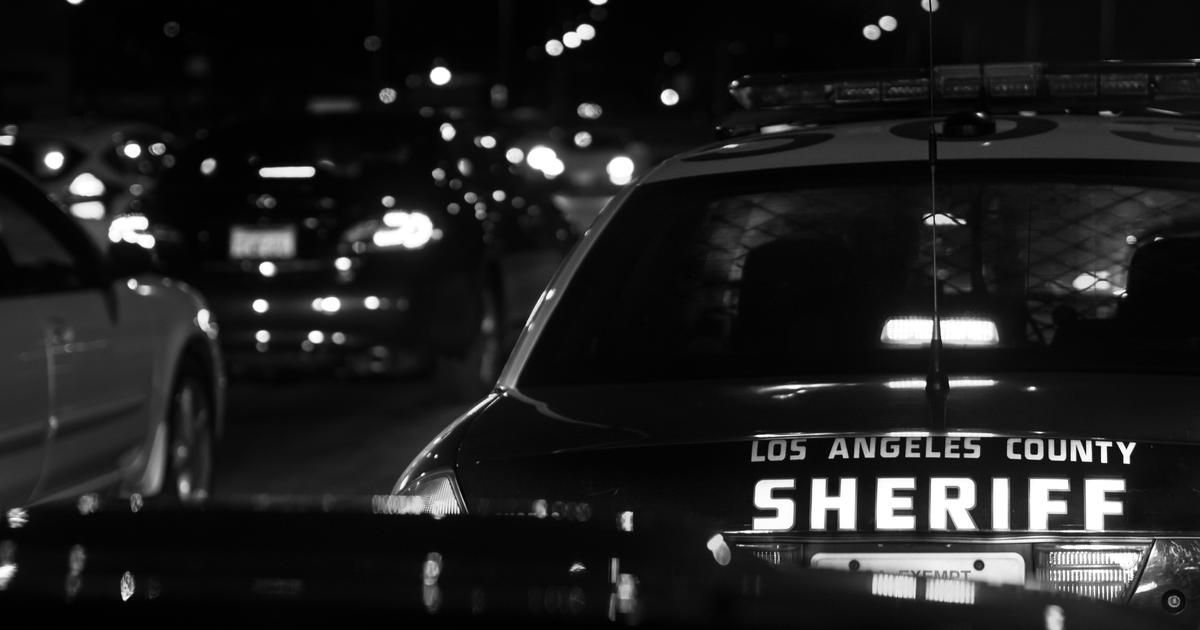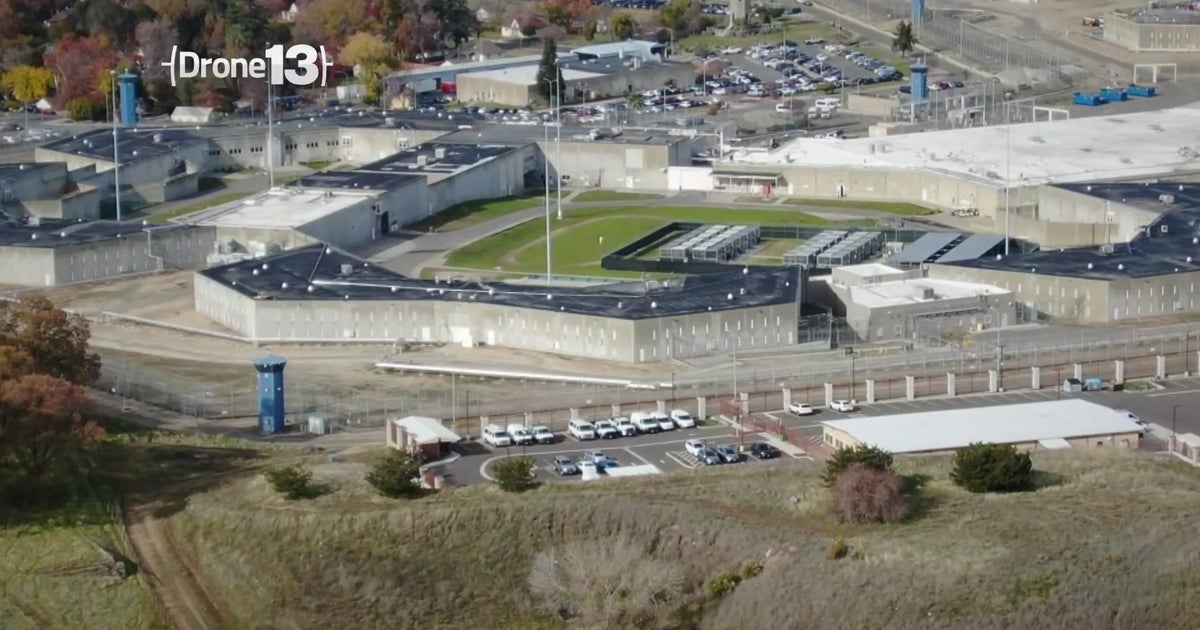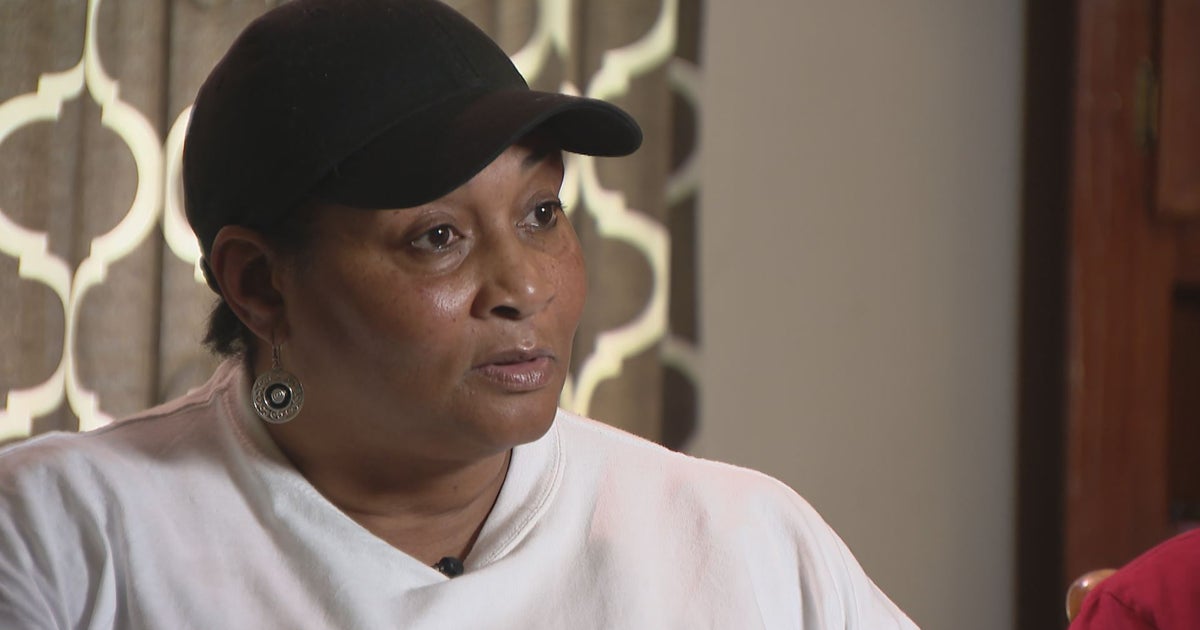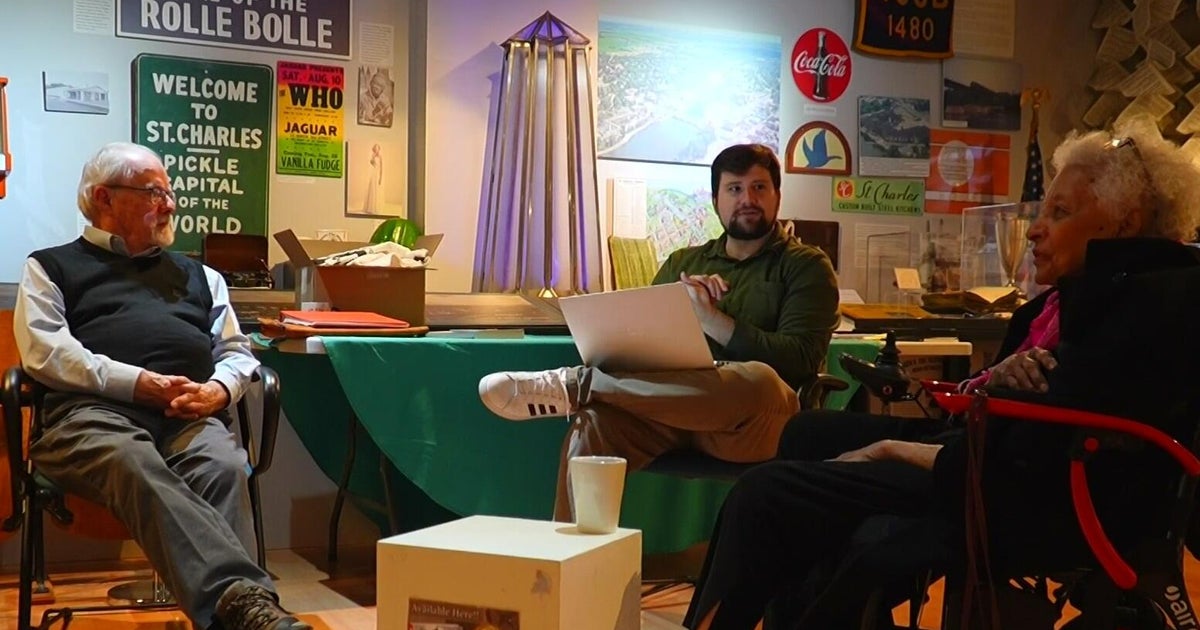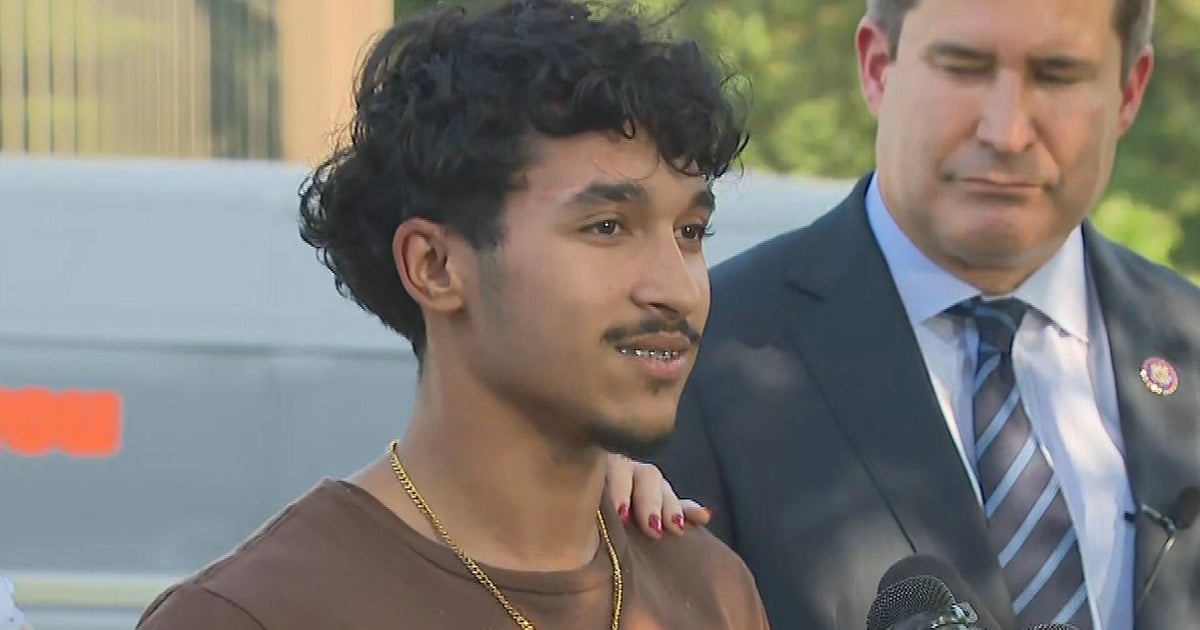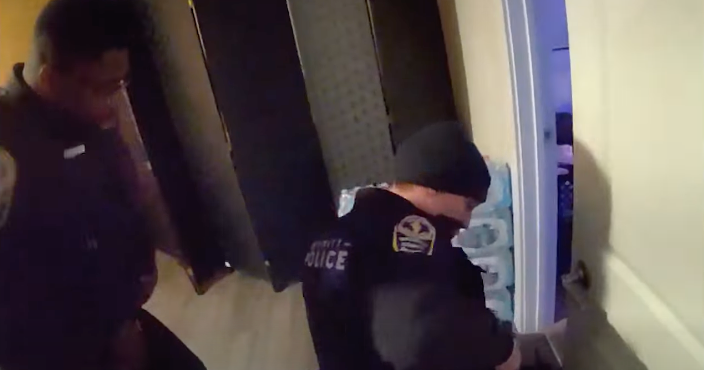Nixon's Secret Testimony Released 36 Years After Watergate
WASHINGTON (AP) — Feisty and cagey, ex-President Richard Nixon defended his shredded legacy and shady Watergate-era actions in grand jury testimony that he thought would never come out.
On Thursday, it did.
Offering a rare look into confidential grand jury proceedings, and the first ever to have a former president testifying, the National Archives and its Nixon Presidential Library released a transcript of the testimony after a judge ordered the government to do so.
In it, Nixon, 10 months after he resigned under threat of impeachment, describes the burglary by political operatives at Democratic headquarters as "this silly, incredible Watergate break-in" and claims "I practically blew my stack" when he learned that 18 1/2 minutes of a post-Watergate White House meeting were erased from a tape.
The gap was considered key in determining what Nixon knew about the burglary and what he did to cover up the exploding scandal.
Nixon's main legal risk during 11 hours of questioning near his California home in June 1975 was being caught in a lie. Short of committing perjury, or implicating anyone in his much-diminished cadre of loyalists, he could testify with impunity because a pardon by his successor, Gerald Ford, protected him from prosecution for any past Watergate crimes.
At one confrontational moment, he bristled when pressed for details of a conversation that he said he could not remember. "I don't recall that those specific names were in the discussion," he snapped. "I mean, if you want me to lie about it, I will be glad to."
He added: "Better strike that last."
Nixon indignantly defended his record.
His admission of wrongdoing came with a hefty dose of sarcasm, as when he mentioned the burglars tied to his re-election committee — known as plumbers — and other heavy-handed operations to get dirt on political foes and claw for campaign advantage.
"I want the jury and the special prosecutors to kick the hell out of us for wiretapping and for the plumbers and the rest," he said, "because obviously you may have concluded it is wrong."
Historians successfully sued for access to the records. They expected few revelations but were determined to bring to light all facets of that extraordinary episode of presidential disgrace.
They certainly did not expect the transcript to solve the mystery of the 18 1/2 minute gap. Investigators suspected the portion of the June 20, 1972, subpoenaed tape was erased to hide incriminating talk between Nixon and his chief of staff, H.R. Haldeman, three days after the break-in at the Watergate complex.
Nixon stuck to secretary Rose Mary Woods' story that she erased it by mistake, and professed anger when learning how much was missing. Although he said he could not remember what was said during the gap, he had a clear recollection of his aide Alexander Haig telling him that much more was erased than originally thought.
"Rose had thought it was four minutes, or something like that," he testified. "Now the counsel have found that it is 18 1/2 minutes, and I practically blew my stack."
He said: "If you are interested in my view as to what happened, it is very simple. It is that it was an accident."
Even without the tape, investigators learned enough of Nixon's machinations in the cover-up to bring him to the brink of impeachment. Fellow Republican lawmakers finally abandoned him, leaving him little choice but to resign.
During the testimony, spread over June 23-24, 1975, Nixon slipped in little digs at the prosecutors. He simultaneously applauded them for their hard work and criticized them as being part of an effort to take him down. He accused them of having a double standard with their treatment of him versus his adversaries.
"If I could give one last bit of advice," he tells the prosecutors at one point, "taking the double standard is going to make you much more popular with the Washington press corps, with the Georgetown social set, if you ever go to Georgetown, with the power elite in this country. But on the other hand, think of your children — they are going to judge you in the pages of history."
He goes on to say, "I mean, I am not unaware of the fact that the great majority of the people working in the Special Prosecutor's Office did not support me for president."
The grand jury was interested in Nixon's appointments of five noncareer ambassadors who had been donors to his campaign. The ex-president defended his choices while denying that he had promised diplomatic posts to major campaign contributors.
"Some of the very best ambassadors we have have been noncareer ambassadors who have made substantial contributions," he testified.
Of career foreign-service officers who become ambassadors, he said " most of them are a bunch of eunuchs, and I don't mean that in a physical sense, but I meant it in an emotional sense, in a mental sense. They aren't for the American free enterprise system."
He cited Perle Mesta, an appointee of President Harry Truman, as an example, saying "Perle Mesta wasn't sent to Luxembourg because she had big bosoms. Perle Mesta went to Luxembourg because she made a good contribution."
Nixon described a White House system in which political fundraisers might discuss ambassadorships with major donors, but said if they made promises of appointment to a diplomatic post, it would have been against his wishes.
"I have no recollection of ever authorizing the selling of ambassadorships, the making of an absolute commitment for ambassadorships," he said.
The grand jury materials reside for public inspection at the National Archives in College Park, Md., and were put online along with thousands of other Watergate-era documents and some sound recordings.
One recording shows a distinctly different side to Nixon. It is of his dictated musings about an odd episode from 1970, when he paid a late-night visit to the Lincoln Memorial to meet anti-war protesters. He told the young people they were hungering for the same things he searched for 40 years earlier.
Ending the Vietnam War and stopping pollution won't end "the spiritual hunger which all of us have," he dictated. That, he said, is the "great mystery of life from the beginning of time."
Visit the National Archives to view the documents released Thursday.
(© Copyright 2011 The Associated Press. All Rights Reserved. This material may not be published, broadcast, rewritten or redistributed.)

